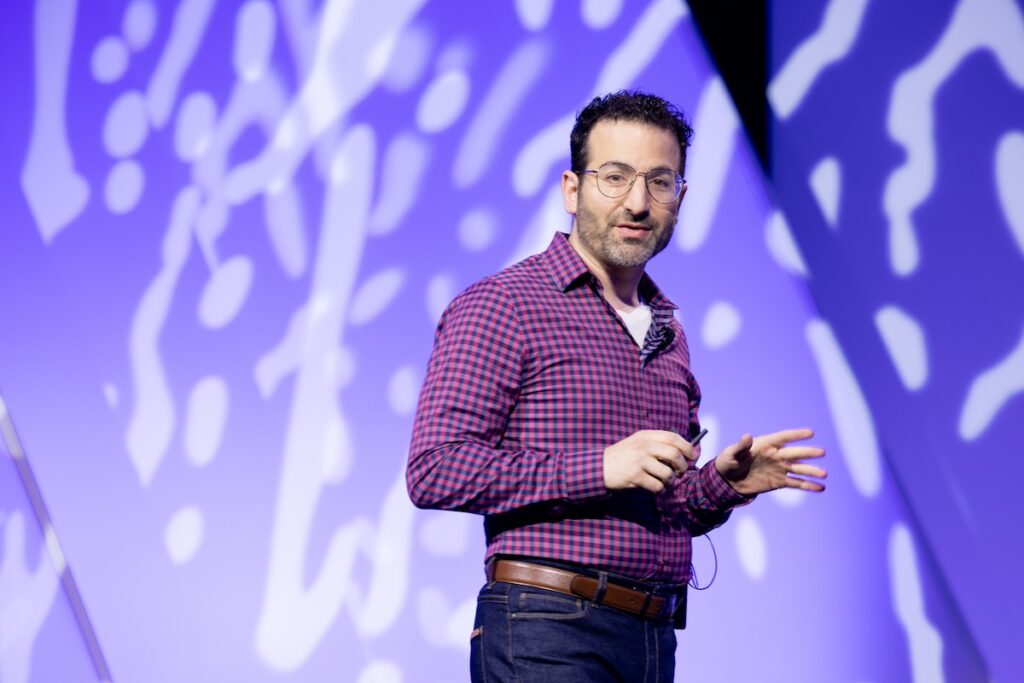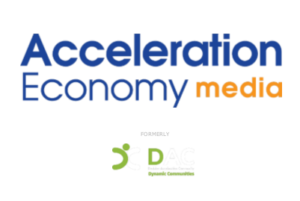Microsoft’s Alan Ross on Power of Agents in D365 Customer Experience


Dynamics 365 is evolving from a toolset into an intelligent, autonomous ecosystem designed to drive efficiency, personalization, and measurable business outcomes, explained Alan Ross, Head of Product, Dynamics 365 Customer Service, Experiences + Devices Engineering, Microsoft, during the Dynamics 365 Customer Experience (CRM) Product Roadmap session.
Specialty Agents
In Dynamics 365 Customer Service, specialty agents enable an “intent-driven experience” that interprets customer needs and automates both inquiry handling and case creation. During a live demo, Ross showed how the system could not only detect sentiment and recommend next actions for agents, but also automatically generate and publish new knowledge articles based on resolved cases.
“The pattern we see is service reps solving problems, and then Copilot automatically creating articles for the next rep to use. That’s continuous learning built into the system,” he noted.
Human-in-the-Loop AI
“Most of our customers are not ready to let these agents run wild. That’s why we’ve built human-in-the-loop controls across every layer.”
The Case Management Agent can propose customer notifications or next steps, but requires a human to review and approve them. Similarly, the Quality Evaluation Agent, discussed during the Keynote, uses AI to review 100% of customer interactions.
Unified Communication
Also referenced during the Keynote, Ross discussed strong integration across the Microsoft ecosystem. One addition is the Teams phone integration with Dynamics 365 Contact Center, which went into GA this year. This allows organizations to use Microsoft Teams as their native telephony system for customer engagement, simplifying administration and lowering costs.
He also demonstrated the Model Context Protocol (MCP) in the context of the platform, which exposes Dataverse actions as tools that can be invoked directly by AI clients, including third-party models like Claude or ChatGPT.
“This is the marriage of enterprise data and natural language… It’s how we make Dynamics work hand-in-hand with external AI systems,” Ross said.
Agent Hub
Agent Hub is a centralized workspace for learning, piloting, and performance tracking. Within Agent Hub, users can build rollout plans, test agents in targeted business lines, and measure their effectiveness through key KPIs.
Ross explained that “Agent Hub gives enterprises a way to pilot, monitor, and continuously improve these capabilities.”
AI for Sales: From Qualification to Research
In sales, Microsoft’s focus is on the Sales Qualification Agent and Sales Research Agent. The Sales Qualification Agent automatically scores and nurtures leads, while the Sales Research Agent combines multiple AI models to answer complex business questions in natural language.
Ross also announced the Sales Flow Agent, launched just days before Summit, which autonomously engages prospects, answers product questions, and advances deals to close directly within the application.
Creating a Connected Future
The session closed with updates to Customer Insights. The focus here is “eliminating silos” and ensuring Customer Insights data connects seamlessly with Dynamics 365 Sales and Marketing.
New Marketing Research Agents and Journey Creation Agents bring AI-driven campaign design into the same conversational interface as Copilot.
“The power of Dynamics isn’t just in data. It’s in how these agents work together to deliver real business outcomes,” Ross said.
Looking Ahead
From orchestrated agents to seamless enterprise integration, Microsoft’s roadmap suggests a clear direction for AI that collaborates, learns, and acts without losing human influence.

